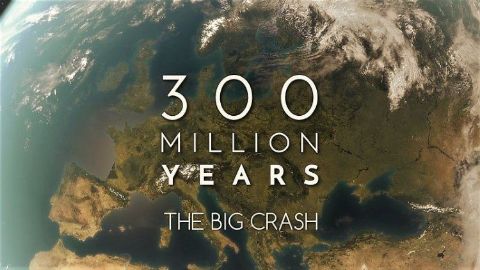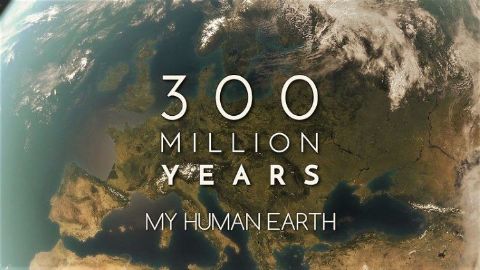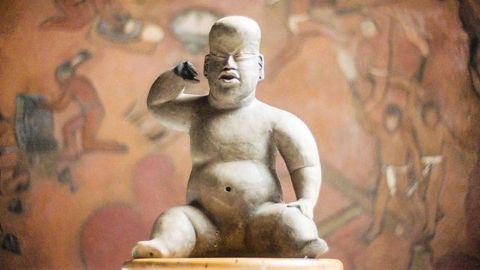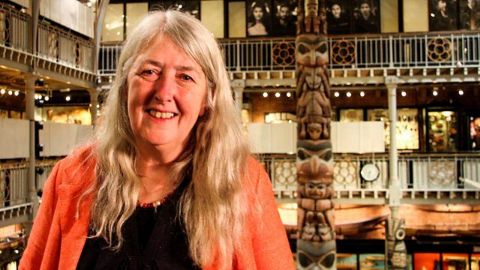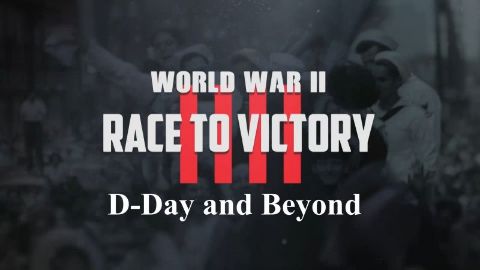300 Million Years: Where Life Began • 2015 • 2 episodes •
The Big Crash” relates the dramatic history of how the continent of Europe came to be – from the carboniferous period to the extinction of the dinosaurs 65 million years ago. During its long creation process Europe has “traveled” through various climate zones, has been shaped by the elements and transformed by collisions with other continents. Dinosaurs were also at home here – until the Big Crash came.
2015 • History
In the subsequent 65 million years, mammals are part of Europe’s history. Sea mammals conquered the oceans while herds of herbivores crisscrossed the land. It was 600,000 years ago that Homo Heidelbergensis first began hunting. Seen from a geological perspective, human beings have been on the earth for only a few short moments, but within this brief time we have already fundamentally transformed the planet. Rivers have been straightened, forests cleared and roads laid down across the natural habitats of nearly all the earth’s animals.
2015 • History
